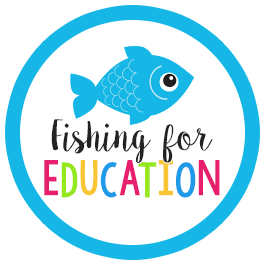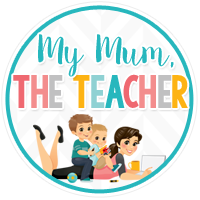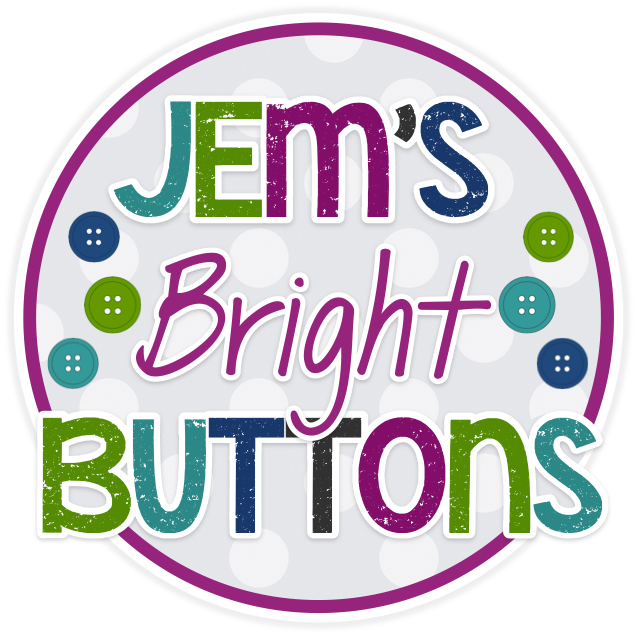Hello everyone!
It's Casey here from Little Lifelong Learners!
Today I would like to share with you how I implement Writer's Workshop into my Prep/Foundation classroom.
Writing is such an important skill for our students to master and it is really important to give your students time to work on this skill every day. It is for this reason that I implement a Writer's Workshop lesson every morning in my classroom.
At this early stage of the year, most Prep and Foundation students are at the stage where they can write using squiggly lines with some students who write letters or names they are familiar with.
To start my very first Writer's Workshop session, I ask my students to show me some writing in the sky with their fingers. We do some squiggly writing, zig zag writing and write some letters we have already learnt at school. I really reinforce that kids have their own way of writing (called Kid Writing) but with lots of practise, they can start to write like grown ups too. You might even get some students to come to the board and write an example of how they 'kid write' which might include the squiggles, their name or even a sight word or two. This gets them really excited and makes everyone feel like a writer already. It also shows your little writers that we can all write, we just do it differently at the beginning of the year.
Next I model what independent writing time will look like. I close my eyes and imagine what I'm going to write about while verbalising this process "Hmmm on the weekend I did some really fun things with my husband at the beach. I wish I could go to the beach right now! I think I might write about that today."
On my whiteboard, I start by drawing a picture to match what I thought about in my head. Then it's time to write! I get the students to help me with sounding out the words as I go. When we get to a tricky sound or word, we use a magic line to show that we know something needs to go there but we aren't too sure how to write it. I mostly focus on just beginning sounds or sounds that are very obvious so that I don't overwhelm the students. When students give me incorrect responses [y for was] I use their suggestions and praise them for trying really hard to hear the sounds and words we wanted, I don't correct them at this stage.
At the end, we celebrate as we read back our writing and see that it matches my picture beautifully. To conclude the session, I do my grown up writing underneath - we can then notice that there are lots of sounds that we got right! You could also get students to come up and write with you.
Next I ask my students to think about what they are going to write about. I encourage them to share their ideas with a friend before they head off to the tables to start their drawings and kid writing. At this stage of the year, we draw first and write second. After 15 minutes of drawing, I ask my students to start their writing to make sure everyone has time to get some kid writing done. I walk around with my aide during this time to help any students that aren't too sure and to do grown up writing on a few books as students finish.
Below are some photos of the writing that my Prep/Foundation students did after our very first modelled writing session in March (Term 1). They absolutely blew me away with how many sounds the students were using, as well as the magic lines! As you can see, some students were happy to write a few random letters while others tried really hard to sound out a few key words and some even attempted some sight words which we definitely hadn't started at school. The magic line (which is something I saw in the Kid Writing book by Eileen Feldgus & Isabell Cardonick) is such a great idea because it helps to teach new writers that there should be print for each word they say as they write.
After the students finish their writing, we go back to the carpet and I select 2 or 3 students to share their work. Some days I pick students who have worked really hard and other days I select students whose writing I can use for a mini lesson at the end of the session. For example, the student in the last piece of writing used a full stop so we could use this piece to discuss punctuation. I am very careful not to negatively comment on writing ever because new writers are often not very confident, so I would never use a piece of writing without a full stop at the end to talk about why we need punctuation.
I found that having a free choice writing session every single day really helped my students in all areas of literacy! We often dictate to students what they should write about, so having this time each day for students to just write about anything they like is incredibly beneficial! By the end of the year, some students are using their Writer's Workshop time to write their own multi-page books. It's absolutely amazing to watch.
Each day, our writing routine was exactly the same, so I made up a little Writing Workshop Expectations chart which we refer to each morning before we start our session.
I hope you have found some useful tips in my post this week! Feel free to drop by the Little Lifelong Learners blog for more teaching ideas and resources.
To start my very first Writer's Workshop session, I ask my students to show me some writing in the sky with their fingers. We do some squiggly writing, zig zag writing and write some letters we have already learnt at school. I really reinforce that kids have their own way of writing (called Kid Writing) but with lots of practise, they can start to write like grown ups too. You might even get some students to come to the board and write an example of how they 'kid write' which might include the squiggles, their name or even a sight word or two. This gets them really excited and makes everyone feel like a writer already. It also shows your little writers that we can all write, we just do it differently at the beginning of the year.
Next I model what independent writing time will look like. I close my eyes and imagine what I'm going to write about while verbalising this process "Hmmm on the weekend I did some really fun things with my husband at the beach. I wish I could go to the beach right now! I think I might write about that today."
On my whiteboard, I start by drawing a picture to match what I thought about in my head. Then it's time to write! I get the students to help me with sounding out the words as I go. When we get to a tricky sound or word, we use a magic line to show that we know something needs to go there but we aren't too sure how to write it. I mostly focus on just beginning sounds or sounds that are very obvious so that I don't overwhelm the students. When students give me incorrect responses [y for was] I use their suggestions and praise them for trying really hard to hear the sounds and words we wanted, I don't correct them at this stage.
At the end, we celebrate as we read back our writing and see that it matches my picture beautifully. To conclude the session, I do my grown up writing underneath - we can then notice that there are lots of sounds that we got right! You could also get students to come up and write with you.
Next I ask my students to think about what they are going to write about. I encourage them to share their ideas with a friend before they head off to the tables to start their drawings and kid writing. At this stage of the year, we draw first and write second. After 15 minutes of drawing, I ask my students to start their writing to make sure everyone has time to get some kid writing done. I walk around with my aide during this time to help any students that aren't too sure and to do grown up writing on a few books as students finish.
Below are some photos of the writing that my Prep/Foundation students did after our very first modelled writing session in March (Term 1). They absolutely blew me away with how many sounds the students were using, as well as the magic lines! As you can see, some students were happy to write a few random letters while others tried really hard to sound out a few key words and some even attempted some sight words which we definitely hadn't started at school. The magic line (which is something I saw in the Kid Writing book by Eileen Feldgus & Isabell Cardonick) is such a great idea because it helps to teach new writers that there should be print for each word they say as they write.
After the students finish their writing, we go back to the carpet and I select 2 or 3 students to share their work. Some days I pick students who have worked really hard and other days I select students whose writing I can use for a mini lesson at the end of the session. For example, the student in the last piece of writing used a full stop so we could use this piece to discuss punctuation. I am very careful not to negatively comment on writing ever because new writers are often not very confident, so I would never use a piece of writing without a full stop at the end to talk about why we need punctuation.
I found that having a free choice writing session every single day really helped my students in all areas of literacy! We often dictate to students what they should write about, so having this time each day for students to just write about anything they like is incredibly beneficial! By the end of the year, some students are using their Writer's Workshop time to write their own multi-page books. It's absolutely amazing to watch.
Each day, our writing routine was exactly the same, so I made up a little Writing Workshop Expectations chart which we refer to each morning before we start our session.
I hope you have found some useful tips in my post this week! Feel free to drop by the Little Lifelong Learners blog for more teaching ideas and resources.




















Amazing one!
ReplyDeleteWorth Stuff thanks for sharing.
Selective school Exam Australia